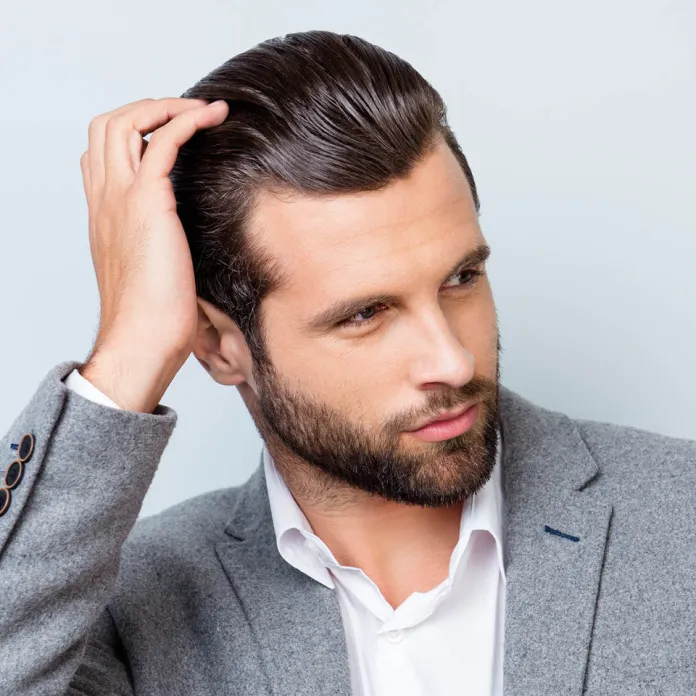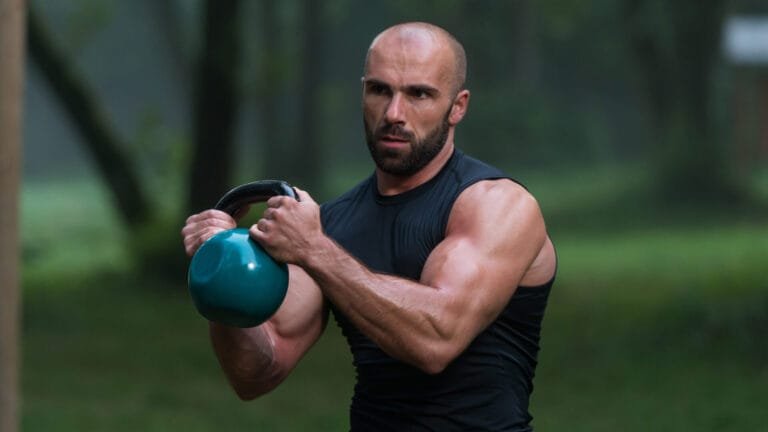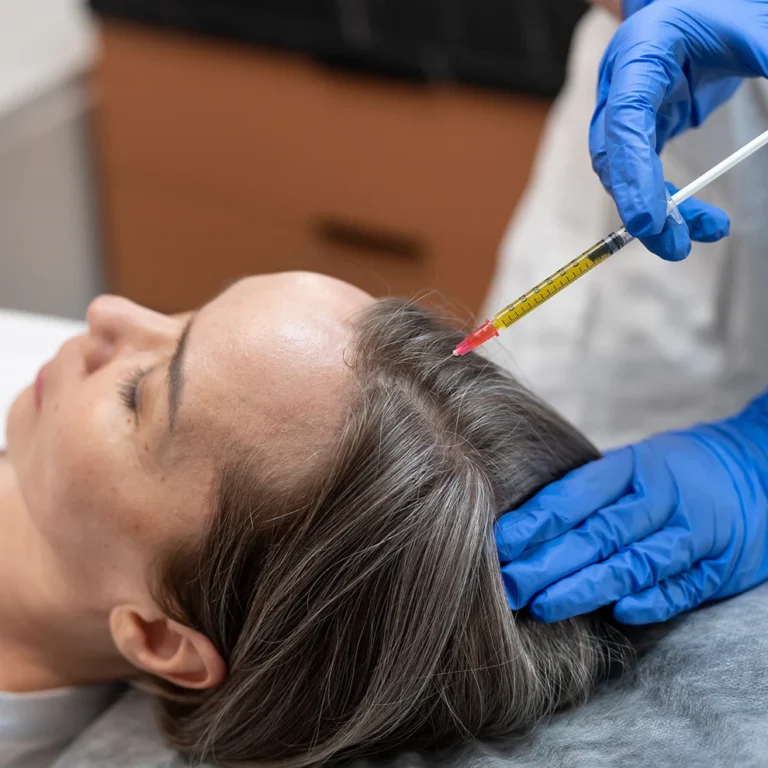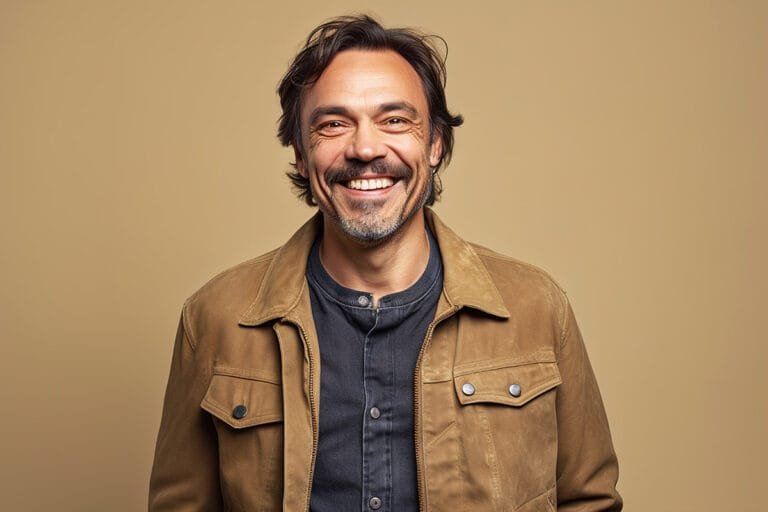Is It Ever Too Late for a Hair Transplant?
Hair loss affects millions of people, and for many, the emotional and psychological impact can be profound. Whether it starts in your 20s or later in life, the question often arises: Is it ever too late for a hair transplant? According to Dr. Steven Davis, board-certified plastic surgeon and founder of Davis Hair Restoration, the answer isn’t about age—it’s about the condition of your scalp, your goals, and your overall health.
“Age alone doesn’t determine candidacy,” says Dr. Davis. “We’ve performed successful hair restoration procedures on men and women well into their 60s and 70s. The key is evaluating the donor hair, the pattern of loss, and the patient’s expectations.”
Is It Ever Too Late for a Hair Transplant? What Really Matters
While younger patients may have a longer window to enjoy their results, older patients often make excellent candidates for hair restoration. Why? Because their hair loss pattern is usually stabilized. “When we’re working with someone whose hair loss has stopped progressing, it’s easier to design a long-lasting, natural-looking result,” Dr. Davis explains.
What’s critical is the quality of the donor area—typically the back and sides of the scalp, where hair tends to be more resistant to balding. If this hair is healthy and plentiful, transplantation remains a viable option, regardless of age.
Other important considerations include:
- General health status (can the patient safely undergo a minor outpatient procedure?)
- Lifestyle and goals (is the patient committed to recovery and ongoing hair care?)
- Expectations (understanding what a transplant can and cannot achieve)
Tailoring the Treatment Plan
At Davis Hair Restoration, every transplant plan is customized. For older patients, this often means a more conservative, density-focused approach. “We design the restoration to match the patient’s current age and natural look,” says Dr. Davis. “It’s about enhancement—not transformation.”
In many cases, follicular unit extraction (FUE) is the preferred method. It’s minimally invasive, offers quicker healing, and leaves no linear scar. This is especially beneficial for older patients who may be concerned about downtime or want to keep their hair short.
For patients who are not ideal transplant candidates, other options like PRP therapy, laser stimulation, or customized scalp treatments may be recommended to maintain or improve existing hair.
The Confidence Factor
Beyond aesthetics, hair restoration later in life can be incredibly empowering. “We’ve had patients say their hair transplant made them feel ten years younger—not just in how they look, but how they live,” says Dr. Davis.
Confidence, vitality, and self-expression don’t come with an expiration date. And neither should your ability to do something about hair loss.
So, is it ever too late for a hair transplant? Not if you’re healthy, motivated, and ready to explore your options. Contact Davis Hair Restoration today to schedule a personalized consultation with Dr. Davis and discover what’s possible—at any age.






